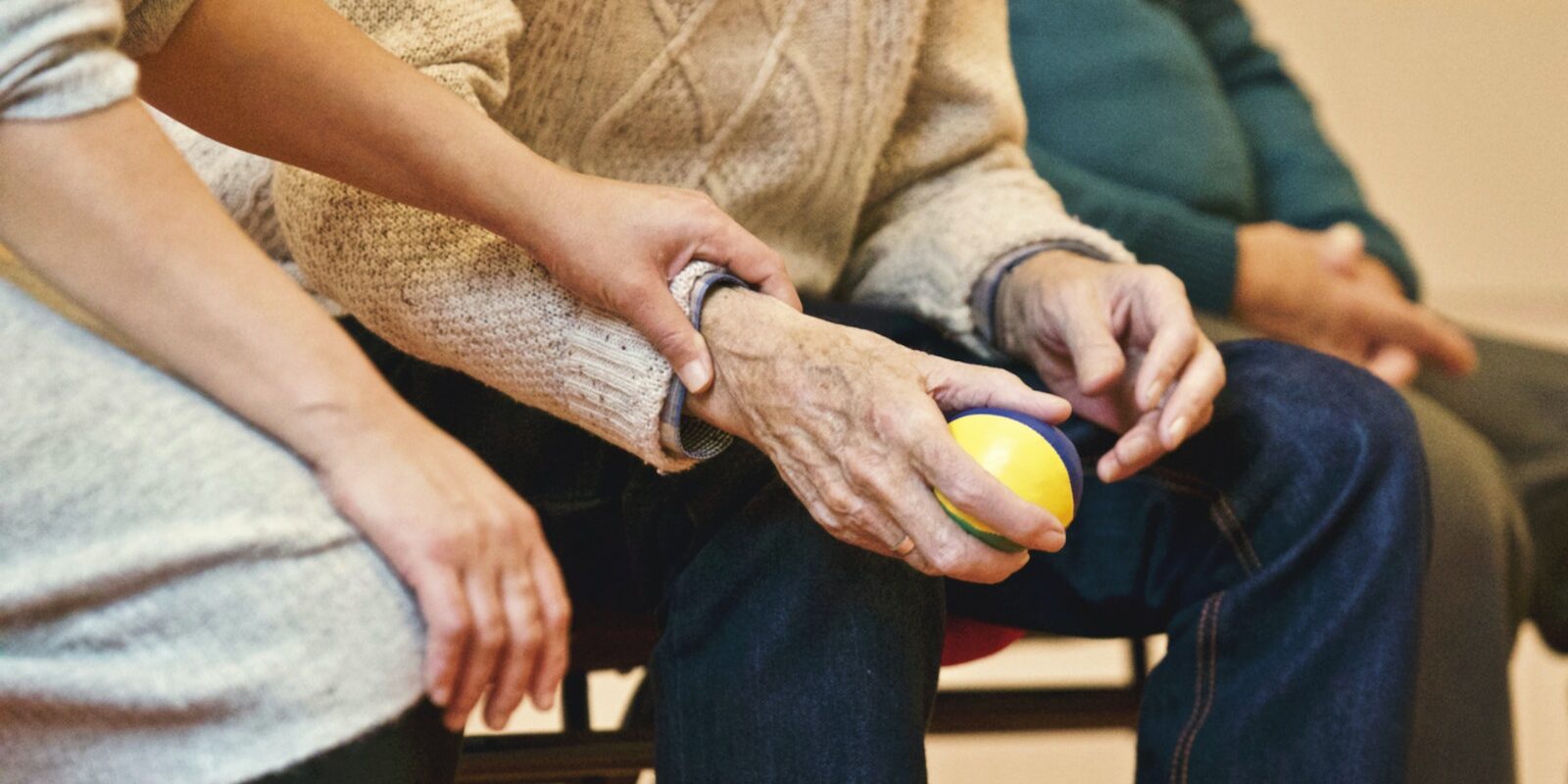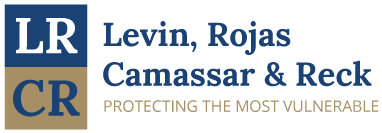
Nursing Home Abuse in Connecticut
The exact number of cases of nursing home abuse in the United States is difficult to determine because many cases go unreported. However, according to the National Council on Aging, it is estimated that approximately 1 in 10 Americans aged 60 and above have experienced some form of elder abuse, including abuse in nursing homes, each year.
Additionally, the National Center on Elder Abuse reports that there were over 20,000 complaints of abuse, neglect, and exploitation of older adults in nursing homes and other long-term care facilities in the United States in 2020. This number is likely an undercount as many cases of elder abuse go unreported.
What exactly is nursing home abuse?
Nursing home abuse refers to any intentional or negligent action or lack of action by a caregiver, staff member, or another resident of a nursing home that causes harm, injury, or distress to a resident of a long-term care facility.
Nursing home abuse can take many forms, including but not limited to:
- Physical abuse: This includes any physical force that causes bodily harm or injury, such as hitting, slapping, pushing, or shaking.
- Emotional or psychological abuse: This includes any behavior that causes emotional pain or distress, such as yelling, threatening, humiliating, or isolating the resident.
- Sexual abuse: This includes any sexual activity that occurs without the resident’s consent, such as sexual assault or rape.
- Neglect: This includes any failure to provide basic needs, such as food, water, medication, or hygiene, resulting in harm or injury to the resident.
- Financial abuse: This includes any unauthorized use or theft of a resident’s money or property by a staff member, caregiver, or another resident.
- Medical abuse: This includes any unnecessary or excessive medical treatment or medication administered to a resident for the benefit of the caregiver or staff member, rather than the resident’s health and well-being.
It is important to note that nursing home abuse can occur in any type of long-term care facility, including nursing homes, assisted living facilities, and residential care homes.
How do I file a nursing home abuse complaint in Connecticut?
If you or someone you know has experienced nursing home abuse or neglect in Connecticut, you can file a complaint against the nursing home with the Connecticut Department of Public Health (DPH). Here are the steps to file a complaint:
- Contact the Connecticut DPH by phone or email to report the abuse or neglect. You can call the Complaint Intake Line at (860) 509-7400 or email them at DPH.MQAComplaints@ct.gov.
- Provide the following information: your name, contact information, the name of the nursing home, the name of the resident who experienced abuse or neglect, and a detailed description of the incident(s).
- You can also file a complaint anonymously, but providing your contact information can help the DPH follow up with you if they need more information.
- The DPH will review your complaint and may conduct an investigation into the nursing home’s practices and procedures.
- The DPH may also conduct unannounced visits to the nursing home to ensure that they are in compliance with state regulations and that residents are receiving proper care.
- The DPH will inform you of the outcome of their investigation and any actions they take as a result of your complaint.
You can also contact the Long-Term Care Ombudsman Program in Connecticut for assistance in filing a complaint or advocating for the rights of nursing home residents. The Long-Term Care Ombudsman Program is a free, confidential service that can be reached by phone at (860) 424-5200 or email at LTCOmbudsman.Program@ct.gov.
Can an abuse lawyer in Connecticut help?
Yes, an abuse lawyer in Connecticut can help if you or a loved one has been the victim of nursing home abuse or neglect. An experienced abuse lawyer can provide legal representation, support, and advocacy for victims of nursing home abuse and their families.
An abuse lawyer can assist in several ways, including:
- Investigating and gathering evidence: An abuse lawyer can investigate the nursing home and gather evidence of abuse or neglect. They may review medical records, interview staff members, and consult with medical experts to build a strong case.
- Pursuing legal action: An abuse lawyer can help you file a lawsuit against the nursing home, seeking compensation for damages such as medical expenses, pain and suffering, and emotional distress.
- Negotiating with insurance companies: An abuse lawyer can negotiate with insurance companies on your behalf to ensure that you receive fair compensation for your injuries.
- Providing support and guidance: An abuse lawyer can provide support and guidance throughout the legal process, including explaining your legal options and answering your questions.
It is important to choose an abuse lawyer who has experience handling nursing home abuse cases and who is familiar with Connecticut state laws and regulations. You can find a qualified lawyer by contacting your local bar association or by searching online for reviews and testimonials from past clients.
Contact a Connecticut Nursing Home Abuse Lawyer at LRCR Law to Get Justice
Nursing home abuse victims can seek compensation for neglect and mistreatment from nurses, visitors, residents & other staff members. LRCR Law is a reliable law firm that specializes in nursing home abuse lawsuits, boasting a commendable success rate.
At LRCR Law, you will get comprehensive legal advice and aggressive negotiation from an experienced Connecticut nursing home abuse lawyer. Contact us now to get your case reviewed.
